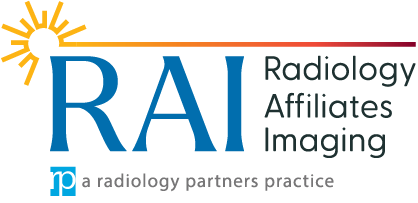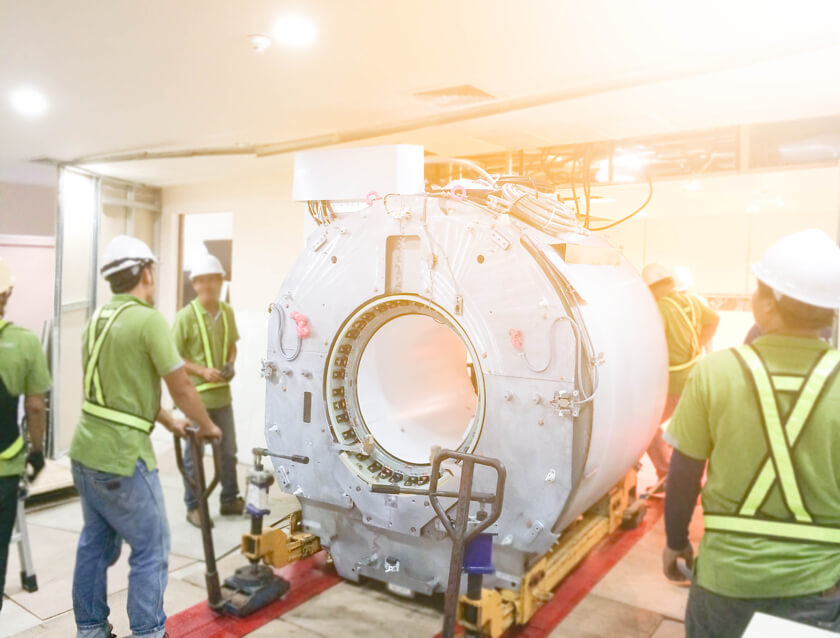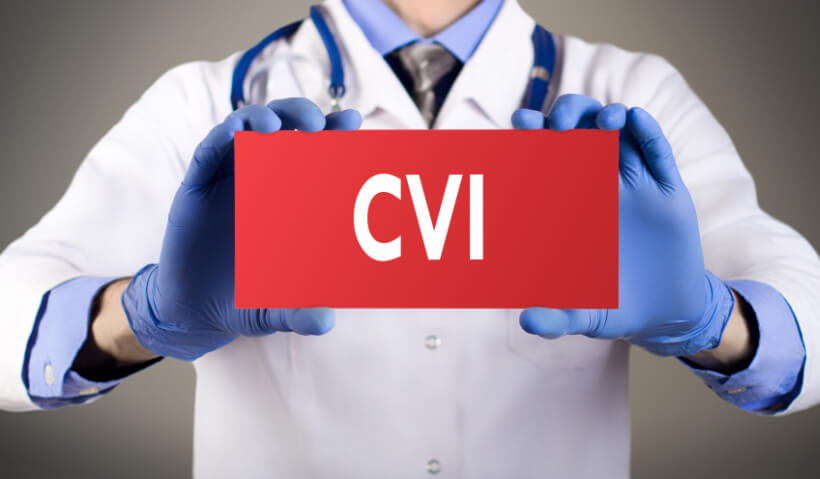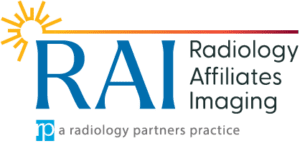

Attention Women: There are New Breast Cancer Screening Recommendations
Screening tests are the best way for otherwise healthy people to find health problems before they have signs or symptoms. Early detection leads to early treatment, which is often more effective than waiting until a disease is severe. Knowing when to undergo screening can help you stay on top of your health.
The American College of Radiology (ACR) issues recommendations for various screening tests, including mammograms to detect breast cancer. Like other types of cancer, breast cancer is a serious disease characterized by the uncontrolled growth of abnormal cells that can spread to other organs. Doctors describe this spread in stages, and usually assign the stage a number from I to IV.
In the earliest stages of breast cancer (stage I), the abnormal breast cells are found only in breast tissue. In its later stages (stages II through IV), the abnormal breast cells can be found in the bones, liver, brain, and lungs.
The long-term prognosis, or chances of survival, for breast cancer depends on the type of cancer and the stage at which it is found. Doctors often describe prognosis in terms of 5-year survival rate, or how many people with that type of cancer are still alive 5 years after receiving their diagnosis. People with stage I breast cancer have a 98 to 100 percent survival rate, according to the Susan G Komen website, and those who received their diagnosis of stage III breast cancer have a 66 to 98 percent survival rate.
Breast cancer is the second most common type of cancer among women in the United States, according to the Centers for Disease Control and Prevention (CDC). Some women have a higher risk for developing breast cancer or for dying from the disease. Ashkenazi Jewish women have a higher risk for developing breast cancer, for example, and Black women die at a higher rate of breast cancer than do White women.
New Recommendations by ACR Aims to Boost Early Risk Assessment for Certain Groups of Women
08In May of 2023, ACR recently released their updated breast cancer screening guidelines that emphasize the importance of early risk assessment. More specifically, the ACR guidelines urges all women, but especially Black and Ashkenazi Jewish women, to have a breast cancer risk workup before they are 25 years old. During a breast cancer risk workup, a healthcare professional will review certain factors that will increase a woman’s risk for developing breast cancer. These factors include:
- Personal history of breast cancer
- Previous radiation to the chest for Hodgkin lymphoma or other illnesses
- Genetic mutation of the BRCA1 or BRCA2 gene
- Age
- Ethnicity
- Family history of a benign (not cancer) biopsy
- Age of first menstrual period
- Woman’s age when she had her first child
The ACR guidelines also remind women at average risk of breast cancer should begin annual breast cancer screening with mammograms when they reach the age of 40.
Why the focus on Black women and other women of color in general for early screening?
Women of color should get early screening for breast cancer for a number of reasons, such as:
- Women of color under the age of 50 are 72 percent more likely to be diagnosed with breast cancer, 58 percent more likely to be diagnosed with advanced-stage breast cancer, and 127 percent more likely to die of breast cancer compared to White women
- Despite equal incidence rates, Black women are 42 percent more likely to die from breast cancer than are White women
- Black women are less likely to be diagnosed with stage I breast cancer, but they are twice as likely to die of early breast cancers
- Black women have twice the risk of aggressive type of breast tumors, known as triple-negative breast cancers, and a higher risk of mutations of the BRCA1 and BRCA2 genes
The ACR based their recommendations on scientific evidence and issued them with the hopes that the updates will spark more-informed conversations between doctors and patients, and will ultimately save more lives.
The new ACR guidelines provide other updated recommendations. The group suggests certain women who are at high risk have MRI screening starting at ages 25 to 30, depending on the nature of their risk. These women include those who have:
- A higher genetic risk or mutation of BRCA1
- A calculated lifetime risk of 20 percent or more
- Been exposed to chest radiation at a young age
ACR recommend that women who have receive a breast cancer diagnosis before the age of 50, or who have a personal history of breast cancer and dense breasts, have an annual breast MRI. The radiology group suggests that high-risk women who want supplemental screening but cannot have an MRI screening should consider contrast-enhanced mammography.
Mammography saves lives. In fact, ACR notes that the National Cancer Institute Surveillance, Epidemiology, and End Results (SEER) data show that, since the US implemented mammography screening in the 1980s, the breast cancer death rate in women dropped 43 percent. ACR hopes the updated recommendations will save even more lives.





